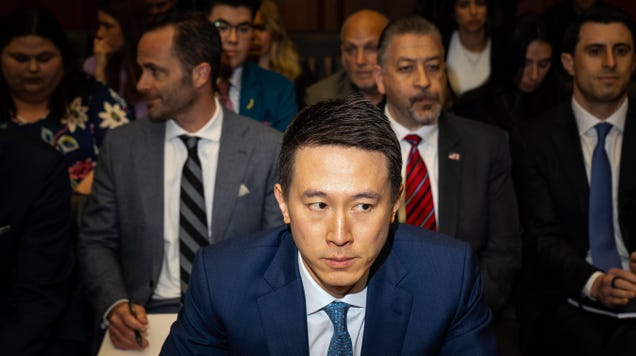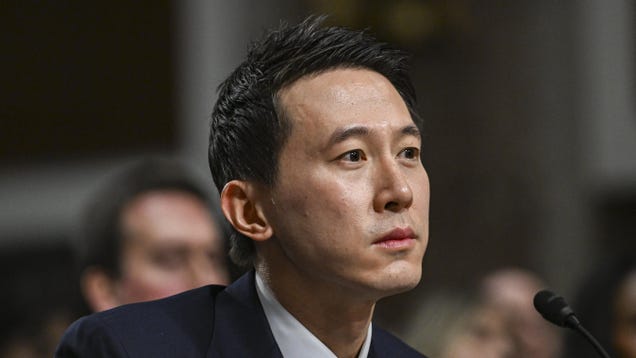
Somewhere between a dream and nightmare is this scenario for Jan. 20, 2021: Joe Biden becomes president, while the Senate remains in Republican control.
The latest election polls (I know, I know) at FiveThirtyEight give Biden an 89% chance of winning the White House and Democrats a 76% chance of gaining a slim majority in the Senate. Not slam dunks, especially given that Republicans are going all-in on voter suppression.
To state the obvious: Given everything we know about President Donald Trump, it’s a safe bet he would have zero interest in signing any climate legislation put on his desk if Democrats take the Senate but he somehow wins a second term. But if the inverse outcome occurs, with Biden winning the White House but Democrats failing to scoop up the Senate, then what happens?
Signs point to a sort of purgatory for climate policy in that case. Senate Majority Leader Mitch McConnell calls himself the “grim reaper,” and the odds of any climate policy making it to the floor are slim. The conservative Supreme Court also poses a huge hurdle for a potential Biden administration. But just because death incarnate could rule over the Senate and conservative zealots run the Supreme Court doesn’t mean there aren’t avenues for Biden to maneuver and, if not quite get to climate policy heaven, at least keep the world a few heartbeats away from climate hell.
G/O Media may get a commission
“Biden really needs the Senate to pass massive investment measures,” Mark Paul, an economist at the New College of Florida, said. “That said, there’s a tremendous amount Biden can do with a split Senate and hostile court.”
The most obvious steps Biden can take are putting a halt to the Trump rollbacks of environmental protections and rejoining the Paris Agreement, two things he has said he will do. Good, but those are the barest of minimums. Creating new climate regulations and rules is another obvious avenue, though the new conservative Supreme Court and a judiciary chock-full of Trump judges could be a gauntlet to get through. That’s not to say the gauntlet isn’t worth running, though.
In fact, if there’s one thing Biden could do, it’s try everything. As we’ve seen with the Trump administration, flooding the zone can pay dividends and keep the opposition on defense. Inverting the Trump approach, which has focused on overwhelming the nation with misinformation and policies designed to benefit large corporations at the expense of the planet, Biden could bombard the nation with sound climate policies designed to help people and explain how and why they’re being implemented. Ann Carlson, a law professor at the University of California, Los Angeles, pointed to section 115 of the Clean Air Act, which “seems to be tailor-made for addressing greenhouse gas emissions.”
“That is a provision that essentially says that if the U.S. is emitting air pollutants that endanger public health and welfare outside of its borders and other countries are as well, then it should be regulating those emissions,” she said. “It’s a very underutilized provision that was used for a short while to address the acid rain.”
A Biden administration could interpret existing laws like the Clean Air Act to create new rules that would protect the environment without requiring Senate approval—though those rules would almost certainly face a Supreme Court challenge. Carlson warned that there, it could face a conservative wing (minus Chief Justice John Roberts) willing to overturn the rules based on a radical legal theory known as the non-delegation doctrine. That doctrine, which says Congress can’t pass off its duties to the executive branch, has largely languished since FDR threatened to pack the courts during the New Deal era, but it hasn’t truly been tested in the modern era. Now, with a business-friendly, climate-denying court, it’s a toss-up whether the justices would embrace it—but then, that’s exactly why Biden should push for bolder regulations.
Another powerful tool at Biden’s disposal: public opinion. A majority of Americans want to transition away from fossil fuels, favor environmental justice, and are generally down with climate regulations. While it’s easy to peg the court—and legislators—as having static beliefs, turning people out in the streets and getting the public engaged can move those beliefs surprisingly quick.
“I think the best example of that is the Gorsuch majority opinion and the gender discrimination case under Title VII,” Carlson said, referring to a case decided earlier this year. “I don’t think anybody 10 years ago would have thought a Republican-appointed judge who’s very conservative would offer an opinion protecting same-sex and transgender employees. It’s hard to think that that doesn’t have something to do with changing norms and values.”
So just because the court looks like a roadblock doesn’t mean it has to be. New regulations are also hardly the only way to meaningfully reduce emissions.
Paul also highlighted the value of installing climate champions as agency heads. Not just the “traditional” climate agencies like Department of Energy and the Environmental Protection Agency, but everywhere, including the Treasury, Department of Transportation, and the Department of Housing and Urban Development. Because climate change is an everything problem, all these agencies have a role to play, whether it’s through procurement of things like electric vehicles for the government fleet, budgeting for more energy efficiency grants for public housing, or using the weight of the Treasury to get the World Bank to stop investing in fossil fuel projects globally. Todd Tucker, director of governance studies at the Roosevelt Institute, pointed to an article he co-authored on how Trump’s steel and aluminum tariffs provide a roadmap for how Biden could implement a tariff on high-carbon goods.
Paul suggested the Federal Reserve has the license to nationalize the fossil fuel industry. That might seem far-fetched given Biden’s stance on fracking, but we’re daring to dream of a habitable planet here, and the Fed has issued some of its most dire warnings about the climate crisis under Trump.
“Under the Fed’s relatively broad mandate,” Paul said, “it in essence, needs to maintain financial stability, and there’s increasing calls that the climate crisis is leading towards financial instability in markets both in the U.S. and globally. It’s an open question whether or not the Federal Reserve would take full majority ownership of the fossil fuel industry. There is precedent of the U.S. government nationalizing industries in debt for the public interest.”
The biggest thing Biden can do, then, is prioritize climate in everything he does and do it loudly. He’s been leaning that way as part of his closing pitch, largely due to groups mobilizing to rightfully ensure climate is at the center of the policymaking universe. But Biden could also create a feedback loop by standing up for those principles and encouraging more people to get engaged and hold obstructionists accountable, too.
“We have never had a climate champion as president,” Paul said. “We know in the face of a divided Congress, Biden can and must hit the road to rally Americans behind climate action to get them to continue taking to the streets to demand action from Congress. Never do we see justice occur without struggle.”
Source: gizmodo.com







